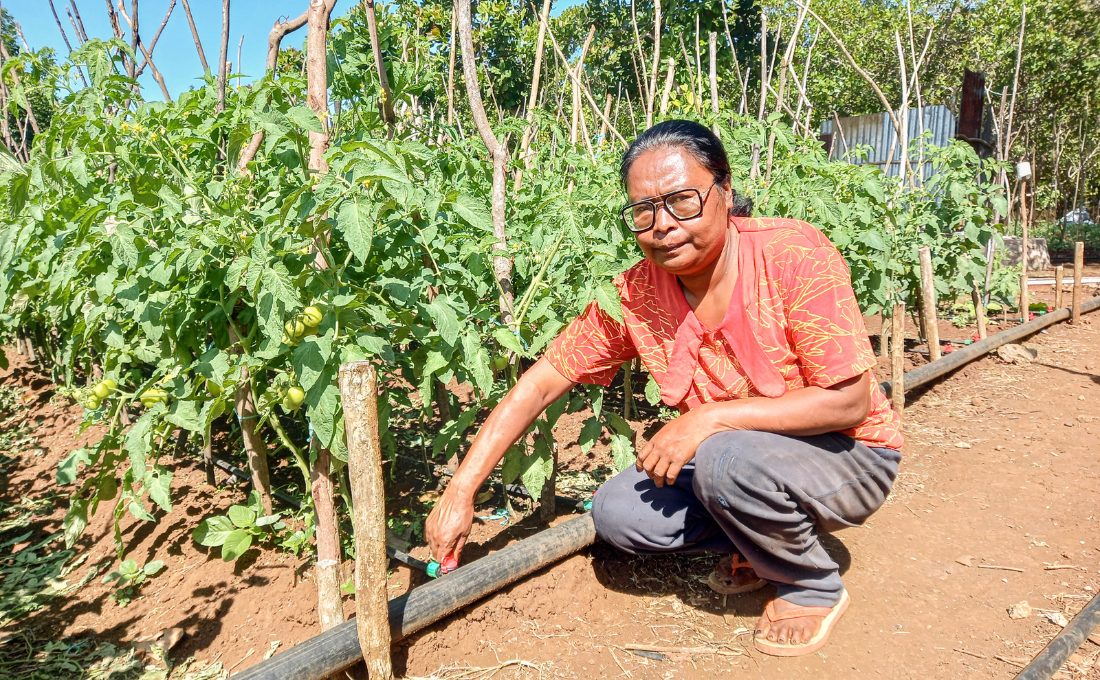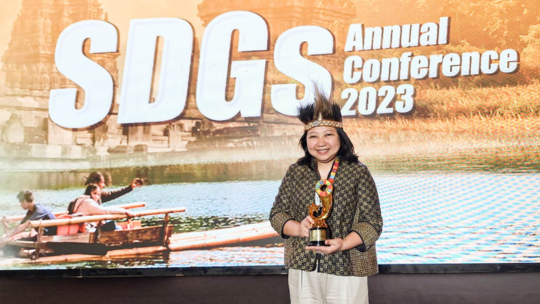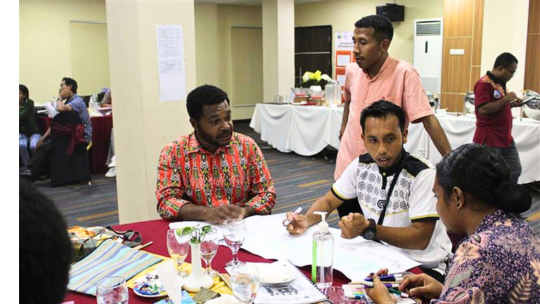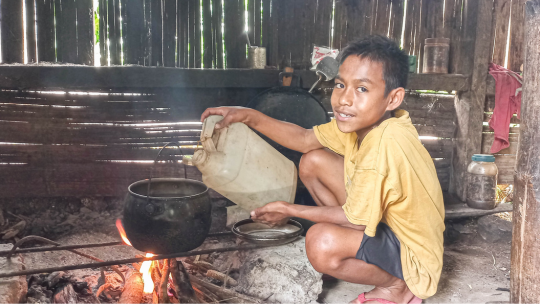A Technological Leap: Indonesian Farmers Adapt to Climate Change

For many years, Indonesian farmers struggles have indicated whether their children could ever aspire to a university degree. With the constant pressures of a weak rural economy and the global climate crisis, farmers often feel pessimistic about their children’s futures. However, the notion that this is impossible is far from the truth. Children of farming families can indeed thrive, provided their parents adopt appropriate technologies and embrace climate-smart agriculture.
Mama Ima, a horticulturalist living in a village in Kupang Regency, East Nusa Tenggara, struggled to maintain her vegetable garden. Her region experiences prolonged droughts, making irrigation a constant challenge. Watering her plants consumed up to seven hours daily, and the garden demanded additional care like weeding and pruning. The harsh climate, labor-intensive tasks, and limited resources meant Mama Ima couldn’t devote enough time to her garden, particularly given her deteriorating eyesight.
Farmers like Mama Ima needed innovative solutions to ensure their gardens produced high-quality yields efficiently. Drip irrigation emerged as an ideal technology to address her specific challenges. This system delivers water slowly and directly to plant roots through small emitters, ensuring optimal soil moisture*. Drip irrigation offers numerous benefits, including:
-
Water and fertilizer conservation
-
Reduced evaporation
-
Time and labor savings
-
Water sustainability
-
Increased agricultural productivity
-
Prevention of waterlogging
“In 2009, I learned about drip irrigation," Mama Ima recalled. "I and some other farmers visited a demonstration plot at Nusa Cendana University. However, the equipment was too expensive at the time." Despite seeing the potential of drip irrigation, the upfront costs were prohibitive for many Indonesian farmers.
Wahana Visi Indonesia, in collaboration with GARAMIN, through INCLUSION project which funded by DFAT, helped bridge this gap by providing drip irrigation equipment to Mama Ima and other farmers in Kupang Regency. This initiative aimed to improve farmers’ livelihoods by enhancing the efficiency and effectiveness of their agricultural practices. Drip irrigation also offered a solution to the challenges posed by global climate change. Mama Ima became an example of climate-smart agriculture implementation in Indonesia.
"I contributed to the drip irrigation project by purchasing PVC pipes and accessories, and building a temporary water storage tank," said Mama Ima enthusiastically. She felt a sense of ownership over her garden and was eager to participate in its development.
Since adopting drip irrigation, Mama Ima has harvested twice from her 1,300 square meter plot. “It’s made such a difference. Before, I needed up to 5,000 liters of water per day to irrigate my garden. Now, that same amount of water can last 3-4 days. Fertilizer use has also become more efficient, dropping from 25kg to just 9kg per application," she explained.
The system has also reduced labor requirements. Tasks that previously required multiple people can now be done by one. As a result, Mama Ima has more time for household chores and community activities.
Aside from efficiency, Mama Ima has noticed a significant improvement in plant growth. Seedlings have thrived, plant populations have increased, and the plants appear healthier. The number of fruits per cluster has also risen, especially for tomatoes, which now produce 6-8 fruits per cluster.
The success of drip irrigation has inspired Mama Ima to share her experiences with other farmers, encouraging them to adopt the technology. “Despite the initial investment, drip irrigation is invaluable for my horticultural plot. From my first tomato harvest using drip irrigation, I earned around 12 million rupiah. My husband and I plan to expand our horticultural area," she said. Mama Ima hopes that all horticultural farmers in her village will adopt drip irrigation, enabling them to improve their livelihoods and send their children to university.
Author: Matheo Dima (Freelance for INCLUSION project)
Editor: Mariana Kurniawati (Communication Executive)



